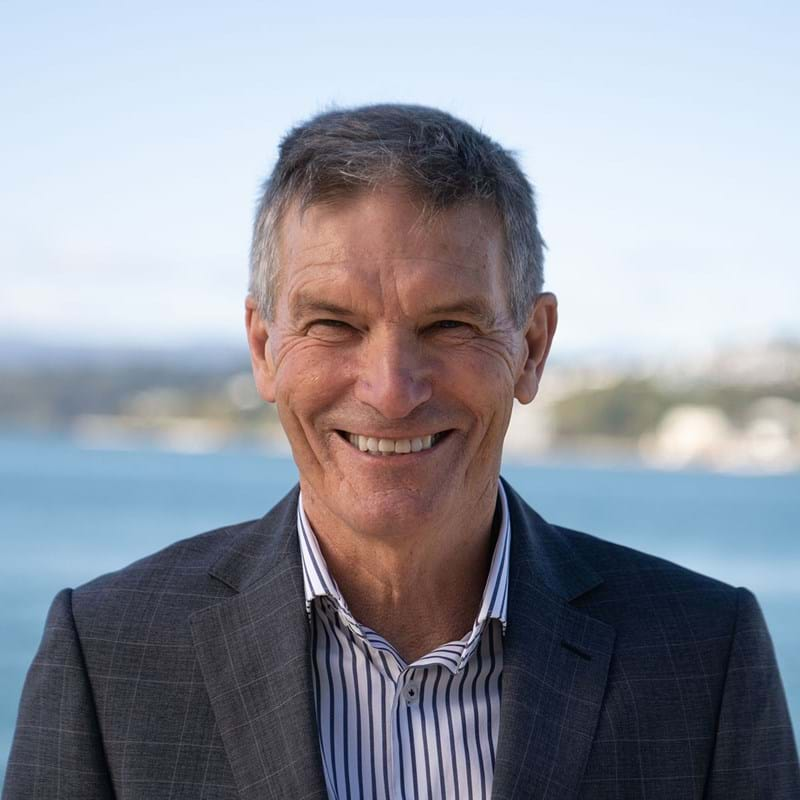Oct 12 2023
Four pots for retirement
Throughout August I was travelling around the country with Lifetime Retirement Income as a speaker for their 2023 Seminar Series. And my previous column outlined the things that I planned to talk about: winding up the family trust, doing a new will, having my investments managed by others and few other things.
The aim of much of this was to make my life simpler. I watched my parents at the same age I am now start giving things away, handing over the family photos to someone else for safe-keeping, and my father outsourcing his investments and tax returns to accountants.

I find myself walking in much the same steps, driven by a strong desire to simplify my affairs, especially my money and possessions.
In terms of money, I’ve set myself up as if I was retired, even though I still work. But retirement often comes quickly, with no reference to a planned date – perhaps through redundancy, a medical diagnosis, or some other event. I might not want to retire right now, but retirement might come looking for me. Now I’m ready for it.
I wrote last time about others looking after my money. In fact, I have several different managers for different investments. This isn’t because I have so much money. Rather it is because in my quest to make things simpler I have four different pots of money, each for its own purpose.
First, I have a pot for health/medical purposes.
This is in a KiwiSaver fund which because I’m over 65, I can draw on as I need. In effect, this replaces my health insurance and, because I’m still working, each month I add an amount roughly equivalent to the premiums I used to pay.
My second pot is with Lifetime Retirement Income.
This amount is dedicated to paying house costs – rates, insurance, maintenance etc. I first set this up when Lifetime started in 2016 (I was one of the first investors – my Lifetime number is 00004). I haven’t started drawing on it yet – it just sits there growing until I stop working and start tapping into it. However, this money will no longer be enough to cover my house costs (rates and insurance have risen spectacularly over the last seven years, partly because I moved from Queenstown to live by the sea in Christchurch). As such, I’ll need to add to this fund.
To learn more about Lifetime Retirement Income and how it could help set you up with a retirement income for life - Click Here.
Third is my travel fund.
I use a Wise card for this, paying into it periodically and at the same time converting the funds into the currency of the country that I’ll visit next. For the last two years I’ve been rock climbing in Europe and plan to do so again in 2024, so I currently hold euros in my Wise account.
My fourth and final pot is my investment portfolio, which is managed by a financial adviser.
This will cover all other expenditure when I’m no longer working and is therefore the biggest of all my funds. Since the portfolio is managed by other people it takes up none of my time nor, even more importantly, headspace. Although I look at it fairly regularly, I’ve managed to divorce myself from the worry of it.
In addition to these four pots, I also hold some term deposits and savings accounts – ready cash because you just never know….
Having four pots of money like this isn’t actually as complicated as it might seem. Each of the four funds are managed by others, so at the moment I do nothing much with any of them apart from an occasional deposit or withdrawal. Far from feeling that this set up is complicated, I feel like I know exactly where I’m at and that I have my money and my life under control.
When (or if!) I stop paid work I’ll set up regular withdrawals from my main portfolio and my Lifetime Retirement Income Fund. Meanwhile, I’ll draw on my travel and health funds only as required.
It could still be some time before I stop working. You often hear advice to seniors to not retire. It’s not necessarily to say that you never stop paid work. Rather, that you need to stay engaged with the world and make sure that you do not withdraw and become disconnected, which can be very bad for your overall health.
With that in mind, for better or worse, you might have me writing these articles for a while yet!
Written by: Martin Hawes
Martin Hawes is not a Financial Adviser or a Financial Advice Provider, and the views in this article are not intended to be financial advice. The views and opinions are general in nature, and may not be relevant to an individual’s circumstances. Before making any investment, insurance or other financial decisions, you should consult a professional financial adviser. Martin Hawes is a director and shareholder in Lifetime Income.